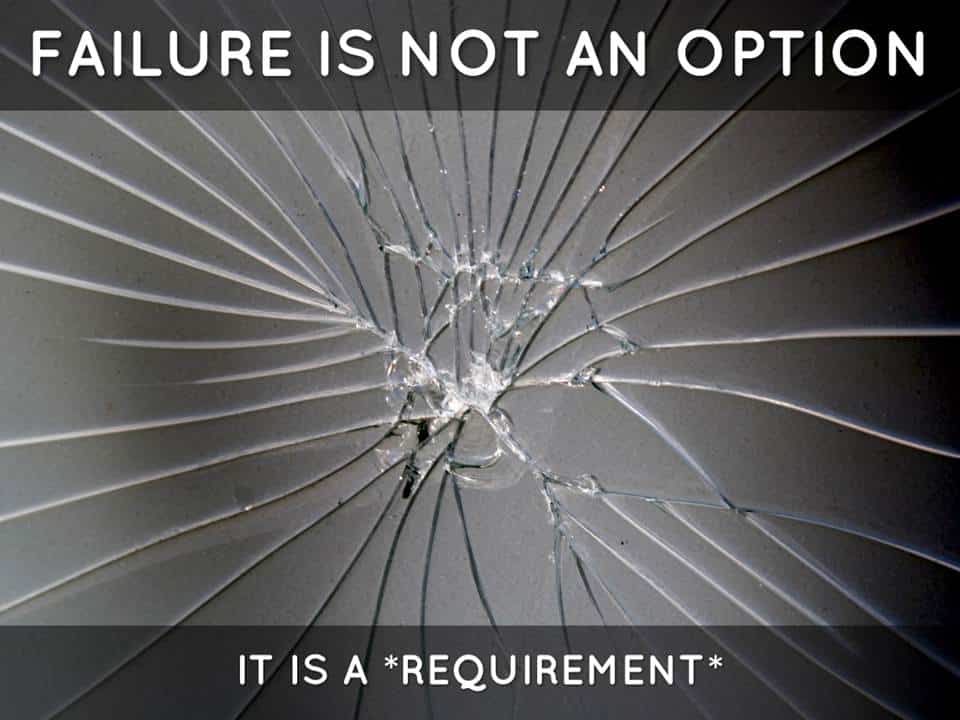Teach Your Kids to Fail Forward

Bonnie Gonzalez current course offering
My vivid memories from elementary school are the days we got tests back. As the teacher walked slowly around the room, we all tried to catch a glimpse of her face as she carefully put the tests face down on our desks. Fear of failure was the overwhelming emotion we felt as we quickly flipped the test over and glanced at the first page, looking just long enough to see the grade written in red marker. Of course, we didn’t want anyone else to see the grade, just in case it was bad. “Bad,” that was the operative word. If the grade was low, then it meant I was dumb or at the very least not smart enough to earn a good grade in that subject. Of all of the adjectives associated with failure, “bad” was the most profound. Even our parents knew that failure was bad.
But then I grew older and I learned that important, intelligent people like Thomas Edison, Albert Einstein, and athletes like John McEnroe (the tennis player who won the most matches in his career) all experienced significant failures. The word “failure” took on a new meaning. It became something that could happen to successful, intelligent people.
In recent years failure has taken on a more positive meaning. Researchers now know failure is something humans can learn from—it is considered a key path to healthy intellectual growth. In the words of growth mindset icon Carol Dweck, “Learning how to cope with failure can lead to humility, adaptation, and resiliency.”
But I have to ask myself, if failure is so important, then what happens to those of us who fear failure? And what happens to our children, influenced by our fears. Recent research into the concept of failure has shown that many of us who fear failure also have what is known as a fixed mindset. We see our failures as indicators that we don’t have what it takes to succeed. The other view, as identified by psychologist Carol Dweck, is a growth mindset. We see failure as a chance for growth, where learning can be enhanced.
Two sides of the same coin, summed up by Winston Churchill in his quote, “Success consists of going from failure to failure without losing enthusiasm.” Yes, according to this view failure is something positive and those of us from the fixed mindset generation must not only accept but even embrace the new definition. Even the biological evidence supports the finding that having a growth mindset is beneficial. Measuring brain waves at the Moser Psychophysiology Lab, Hans Schroder has observed that those who focus on trying to figure out a mistake, rather than fearfully avoiding it, quickly improve on tasks that require accuracy. According to Schroder, glossing over mistakes or shying away from them undermine our growth potential.
As homeschool parents, we can help our children view mistakes and failures in a new, more positive light. West Point Academy strategist Richard Bard suggests using an Action Review Approach. This includes asking the following question about a failure:
- What actually happened?
- What are three things that could have gone better?
- What are three things that I did well?
Helping kids identify and evaluate failure, rather than fearing it, will improve their character, intellectual growth, and psychological well-being.

Bonnie Gonzalez has 36 years of experience as a licensed counselor and is passionate about helping families apply the latest research in their home schools. She teaches Introduction to Psychology, Intro to Sociology, and a series of mini-courses related to a positive psychology. See her classes here.
References
